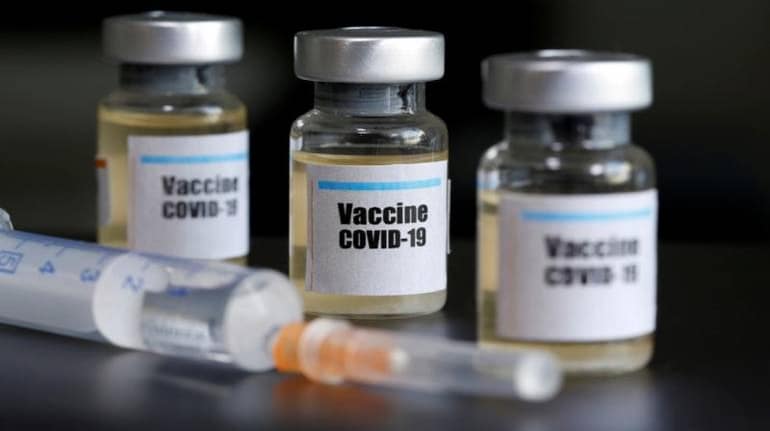



A vaccine candidate developed by the University of Oxford against the novel coronavirus appears safe and induces a strong immune response within the body, scientists announced on July 20. This came after phase-I of "promising" human trials against COVID-19, the disease caused by the SARS-Cov2 virus.
Globally, there have been over 1.46 crore confirmed cases of COVID-19. More than 6.06 lakh people have died so far.
Details of the trailDoses of the vaccine were given to 1,077 healthy adults aged between 18 and 55 in five United Kingdom hospitals in April and May as part of the phase-I clinical trial and results, published in the ‘Lancet' medical journal.
The vaccine candidate, called ChAdOx1 nCoV-19, showed a significant increase in T-cell responses targeting SARS-CoV-2 spike protein in 43 of the participants. The response peaked after 14 days, as per the journal.
The results show they induced strong antibody and T-cell immune responses for up to 56 days after they were given. T-cells are crucial for maintaining protection against the virus for years.
The findings are seen as promising, but experts feel it is too soon to know if this is enough to offer protection as larger trials get underway.
Follow our LIVE blog for the latest updates of the novel coronavirus pandemic
Trails in IndiaThe Serum Institute of India (SII) said it will apply for licence from the Indian regulator to start clinical trials of the Oxford University candidate in a week's time.
SII, the largest vaccine manufacturer in the world, has been chosen by Oxford and its partner AstraZeneca to manufacture the vaccine once it gets ready.
Earlier, Pune-based SII had said that it will start manufacturing the vaccine even before the final nod so as to be ready with sizeable volumes once the vaccine gets all permissions.
(With inputs from PTI)Click here for Moneycontrol’s full coverage of the novel coronavirus pandemic
Discover the latest Business News, Sensex, and Nifty updates. Obtain Personal Finance insights, tax queries, and expert opinions on Moneycontrol or download the Moneycontrol App to stay updated!
Find the best of Al News in one place, specially curated for you every weekend.
Stay on top of the latest tech trends and biggest startup news.